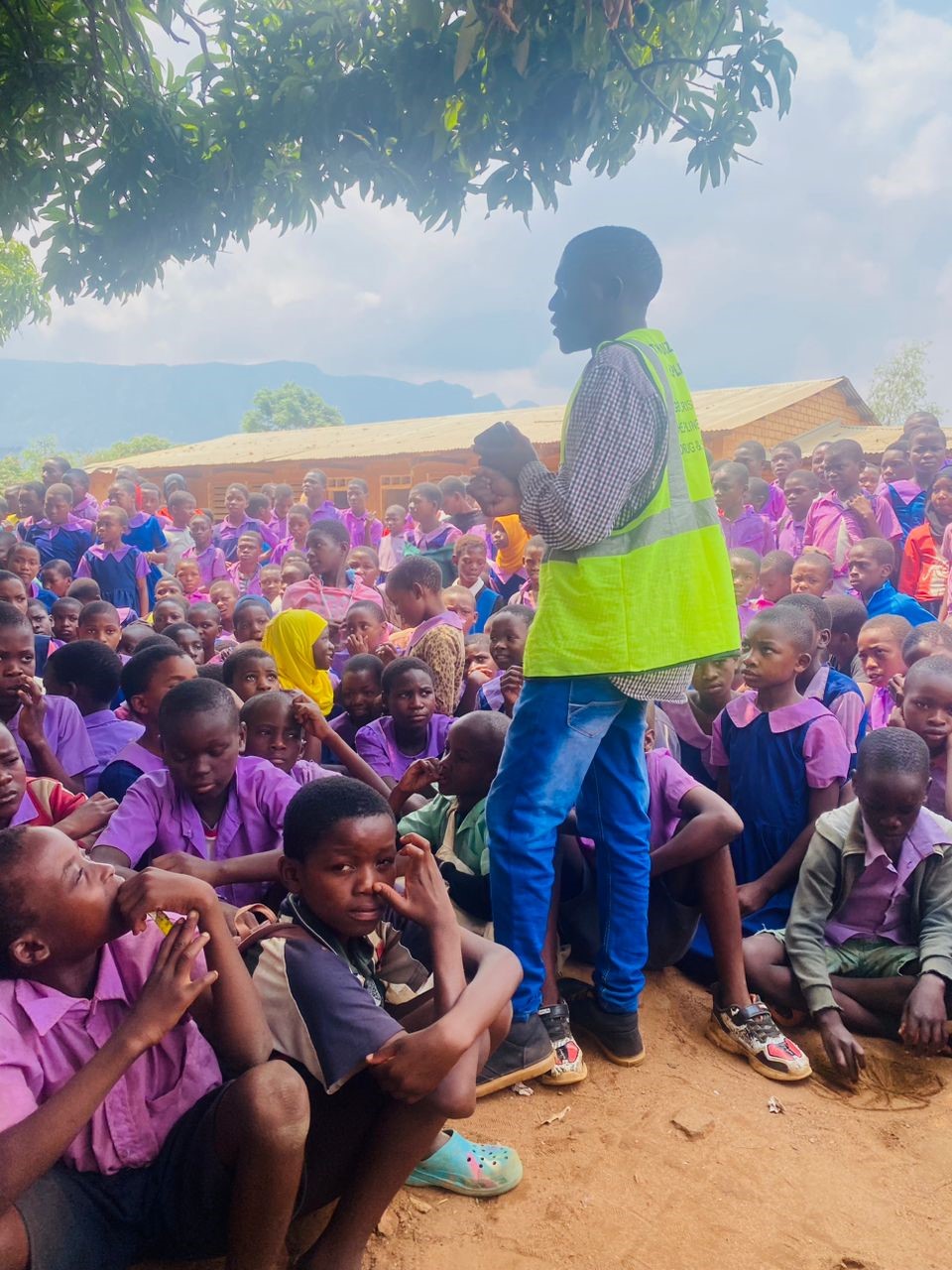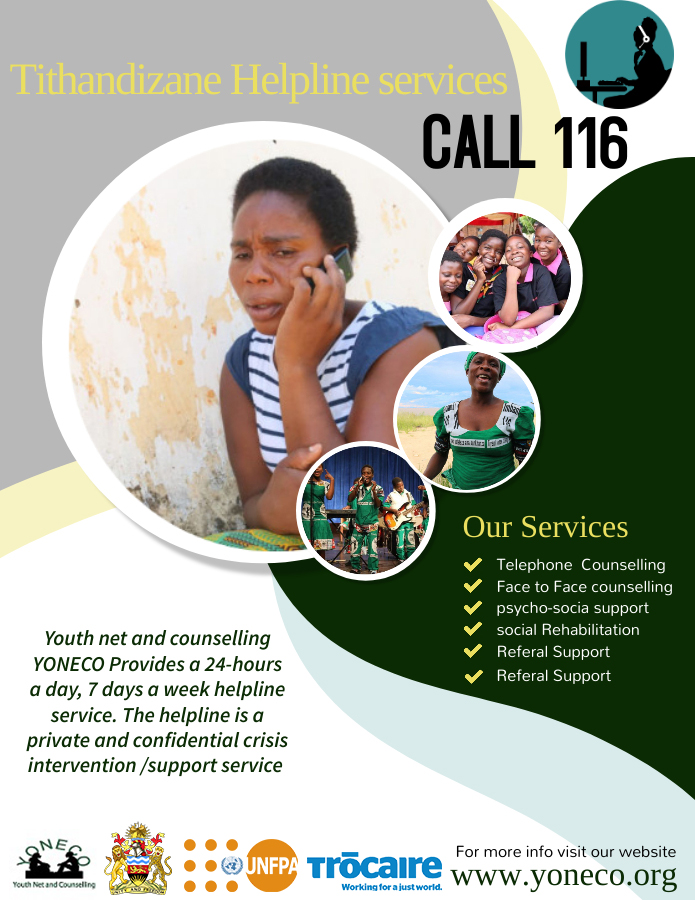Zomba City, just like many parts of Malawi, faces a serious challenge with young people abusing drugs and other substances. Thus, in a bid to safeguard learners from the devastating health effects of these tendencies, school authorities at Matiti Primary School in Zomba engaged YONECO to educate learners about the dangers of drug and alcohol abuse.
A total of 754 learners actively participated in the session. The students asked various moral and philosophical questions pertaining to drug and substance abuse. Further to this, the learners also responded to various questions that were posed to assess their level of knowledge on issues that concern drug and substance abuse.
“There are a lot of myths and misconceptions surrounding the issues of drug and substance abuse which also need to be addressed. For instance, in our engagement, we noted that some learners were made to believe that marijuana increases a person’s Intelligence Quotient (IQ),” explained Happiness Chanunkha, YONECO’s Chinamwali Youth Drop-in Centre Manager
Among other key topics, YONECO social workers focused on strategies for resisting negative peer pressure, how drug and substance abuse causes mental health problems and other physical challenges, the impact of alcohol and drug addiction on academic performance, and the eventual socioeconomic problems.
The drug and substance abuse problem is aggravated by, among other factors, the easy access to marijuana and low-cost liquor which is being sold in shabeens that have sprung up in every corner of many localities.
Thus, it is important to teach young people about the physical and mental risks that are associated with the hazards of harmful use of alcohol and drugs. There is a need to ensure that the suppliers who are consciously turning minors into heavy consumers of such cut-rate alcohol have no underage customers.
“I humbly urge all law enforcement agencies to enforce the country’s existing legal instruments to protect children from the harm the laws are observed so as to protect children from the harms that are triggered by abuse and addiction,” explained Happiness Chanunkha.


